The month of April contains Earth Day, and as an outdoor enthusiast, it feels right to share a book guide on our beautiful planet – and how it’s changing. This guide contains a variety of books to explain the foundations of our planet, geological change over deep time, the nitty gritty of climate (change) science, and the future of our planet. It’s a diverse list and one that I hope will give a comprehensive-ish understanding of our ever-changing planet.
Happy reading!
Ice Rivers: A Story of Glaciers, Wilderness, and Humanity
By Jemma Wadham | Published 2021 (Princeton University Press) | Read my review
I devoured this book. It’s a wonderful blend between memoir and science, and an intimate portrait of how our changing climate is impacting a vital life source: glaciers. Wadham takes you on a journey across the world to various glacier sites that she studies as a geobiochemist – the Haut Glacier d’Arolla in the Swiss Alps, Finsterwalderbreen in Svalbard, Leverett Glacier in Greenland, Shallap and Pastoruri Glaciers in Peru, Steffen Glacier in Chile, Chhota Shigri in Indian Himalaya, and Joyce Glacier in Antarctica. A thread through each of her stories is how are glaciers are rapidly melting, especially as she returns to glaciers she first visited decades ago. This list contains not one but two books on glaciers, as I’ve come to learn their vital role in our climate. This is a must read.
More from Less: The Surprising Story of How We Learned to Prosper Using Fewer Resources―and What Happens Next
By Andrew McAfee | Published 2019 (Scribner)
This book is an absolute favorite of mine and it has a little bit of something to probably piss everyone off. McAfee focuses on how our energy consumption has changed over time and what is the best path forward to use less for the good of our planet. His argument? More capitalism, more technology, more urbanization, more GMOs (genetically modified organisms), more nuclear energy, and — obviously — less socialism. In other words, more of what we’ve been doing is the best path forward for our planet. He elegantly combines economics, data, and logical reasoning to hit on many of today’s hot-button political-environmental issues. If you’re looking for a nuanced take on today’s most pressing environmental issues (that doesn’t outright denounce capitalism as the cause of all that is evil), you’re sure to find yourself convinced of something you thought you disagreed with.
Symphony in C: Carbon and the Evolution of (Almost) Everything
By Robert M. Hazen | Published 2019 (W. W. Norton)
Symphony in C tells the story of carbon – a ubiquitous element that is fundamental to life – through his founding and direction of the Deep Carbon Observatory project aimed at understanding how carbon cycles impact nearly everything on our planet. It’s a truly interdisciplinary project that is reflected in the diversity of earth science explored in the book. Hazen explains carbon across the four classical elements – earth, air, carbon, and fire. If you want to gain an intimate understanding of carbon’s role in nearly everything on our planet, this is the book for you. It’s also a great example of collaborative science in action. Though this is a fantastic read, be warned that it can be a bit dense at times.
The Physics of Climate Change
By Lawrence M. Krauss | Published 2021 (Post Hill Press)
There are many claims, predications, and takes on climate change but where do the numbers and estimates come from? In The Physics of Climate Change, Krauss does exactly what the title promises: breaks down the physics of climate. He explains the science behind climate cycles and variations across time, why this time is different, how the temperature change models are calculated, and more. He focuses a lot on the ‘tipping points’ in these climate models, particularly for ice melting and the implications of us losing our Greenland and Antarctic ice sheets. It’s a great resource, though it does literally go through calculations, so a few of the chapters are a bit math heavy.
A Natural History of the Future: What the Laws of Biology Tell Us about the Destiny of the Human Species
By Rob Dunn | Published 2021 (Basic Books) | Read my review
If you’re looking for a non sensationalist view on the future of our planet, Dunn’s book is for you. It is a rather unique book with its focus on biological evolution, rather than the geology, but he provides a fascinating look into how human activity has altered the ways in which us and other biological life interacts with our planet. Dunn applies basic “laws” of biology, to explain the impacts of growing cities, deforestation, and mono-agriculture on species evolution, how climate variability will impact extinction, and what our arms race with antibiotics hold. It’s a fantastic read showing that even if we don’t live on, the planet will for a very, very long time even under the worst climate change scenarios.
Meltdown: The Earth Without Glaciers
By Jorge Daniel Taillant | Published 2021 (Oxford University Press) | Read my review
I saw my first glacier up close at Glacier National Park in 2021. They are truly awe-inspiring geological features. Unfortunately, however, they will nearly all be gone at the park in the coming decades. Glaciers are the canary in the coalmine for climate change. While glaciers have historically grown and retreated in long cycles, we are overshooting our glacial minimum and are at risk of losing these vital assets. Meltdown explains how integral the worlds glacial systems are to our current planet ecosystems, and details the ways in which our lives will be impacted once they are gone. It seems this is an inevitable future rather than a possible one as we’ve nearly hit the “tipping point” at which runaway melting of glaciers and ice sheets, like Greenland, will occur. This is a great read that will spark your curiosity of all things glaciers, and an excellent complement to Ice Rivers, shared above.
How the Mountains Grew: A New Geological History of North America
By John Dvorak | Published 2022 (Pegasus Books) | Read my review
North America has a truly breathtaking diversity of landscapes. But how did it all form? Why are the Rocky Mountains in the middle of the continent? What explains the geological wonders of the Colorado Plateau? Are the Appalachian Mountains older than North America? Dvorak provides a highly comprehensive geological history of North America and teaches you everything you could ever want to know about the remarkable features that make North America so awe-inspiring. Get your notepad ready for this one – it’s brimming with interesting facts and information about this beautiful – ever changing – continent.
Apocalypse Never: Why Environmental Alarmism Hurts Us All
By Michael Shellenberger | Published 2020 (Harper)
This is a rare add to any book list because I didn’t actually finish this book nor did I even like the book. So why is it on the list? Because the argument is a worthy one to read within the context of understanding current climate change. It’s a highly popular book and most people seem to like it. I hated the writing given that at least a third of the book (approximate guess) is block quotes which make for a negative reading experience for me. I recommend the book but it’s a rare instance where I personally didn’t like the book as a whole product, but I appreciate Shellenberger’s content and perspective.
This post contains affiliate links, allowing me to earn a small commission when you purchase books from the link provided. There is no cost to you, and this will allow me to keep this newsletter free and open to all. Happy reading!





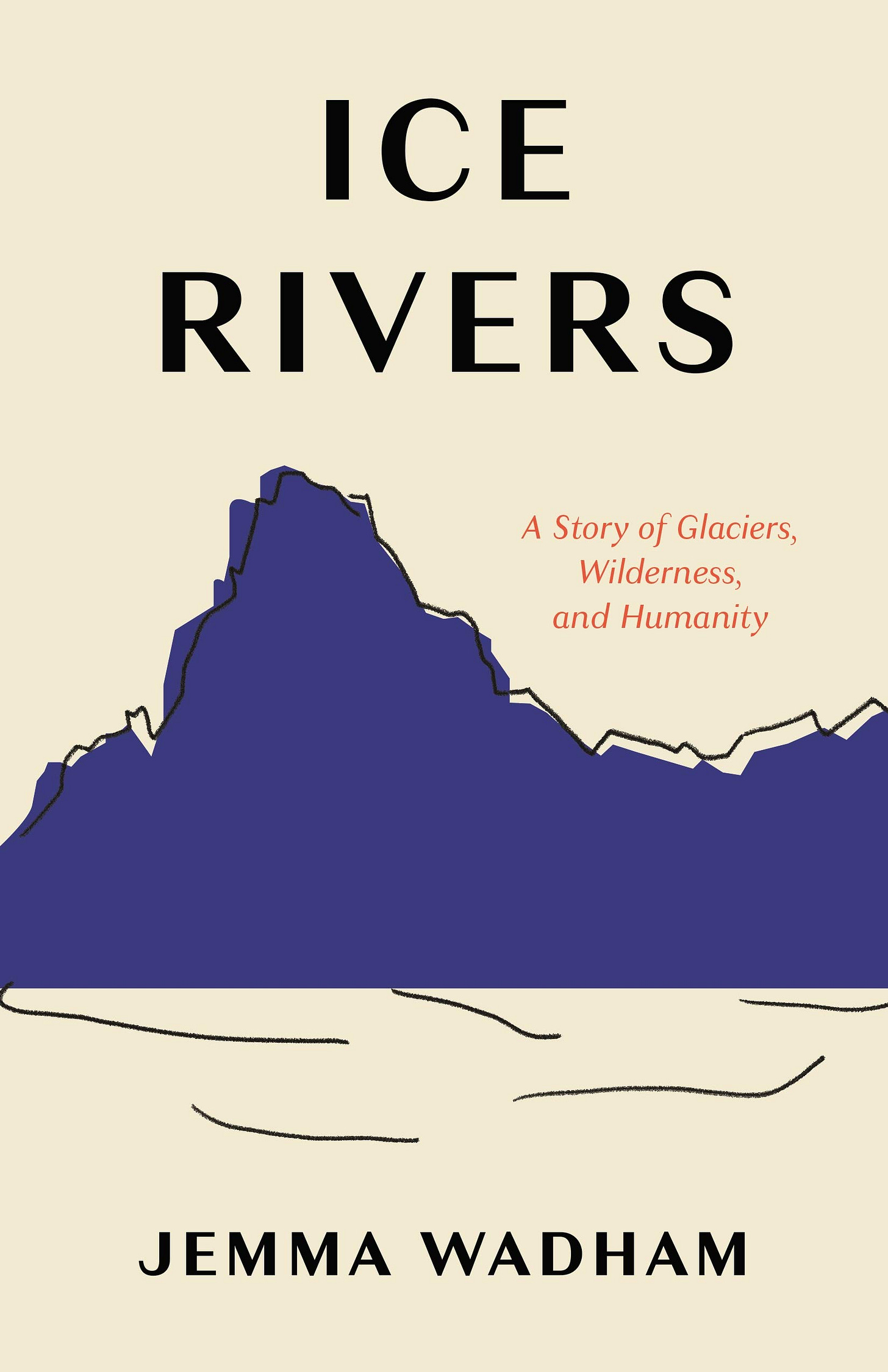
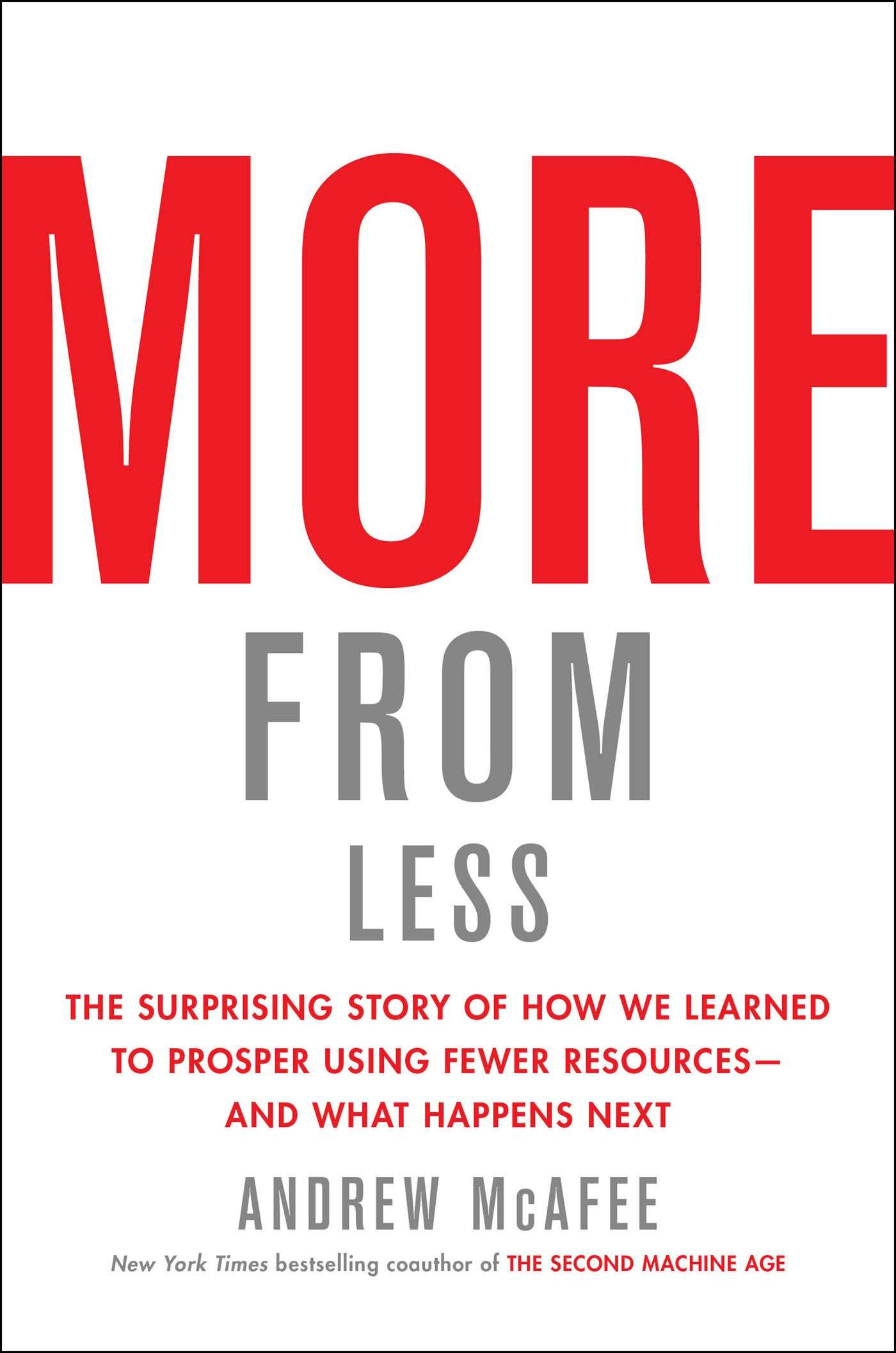
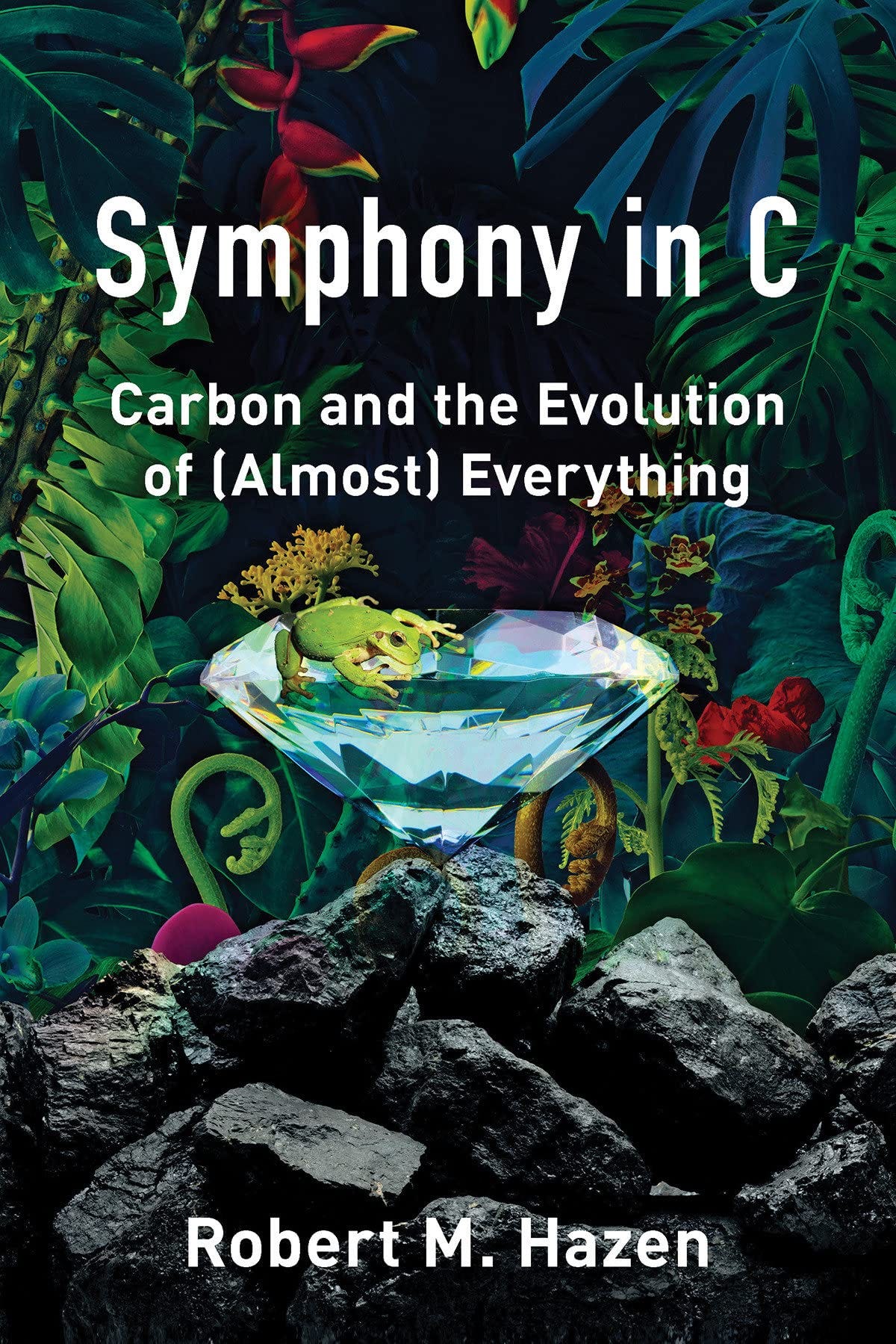
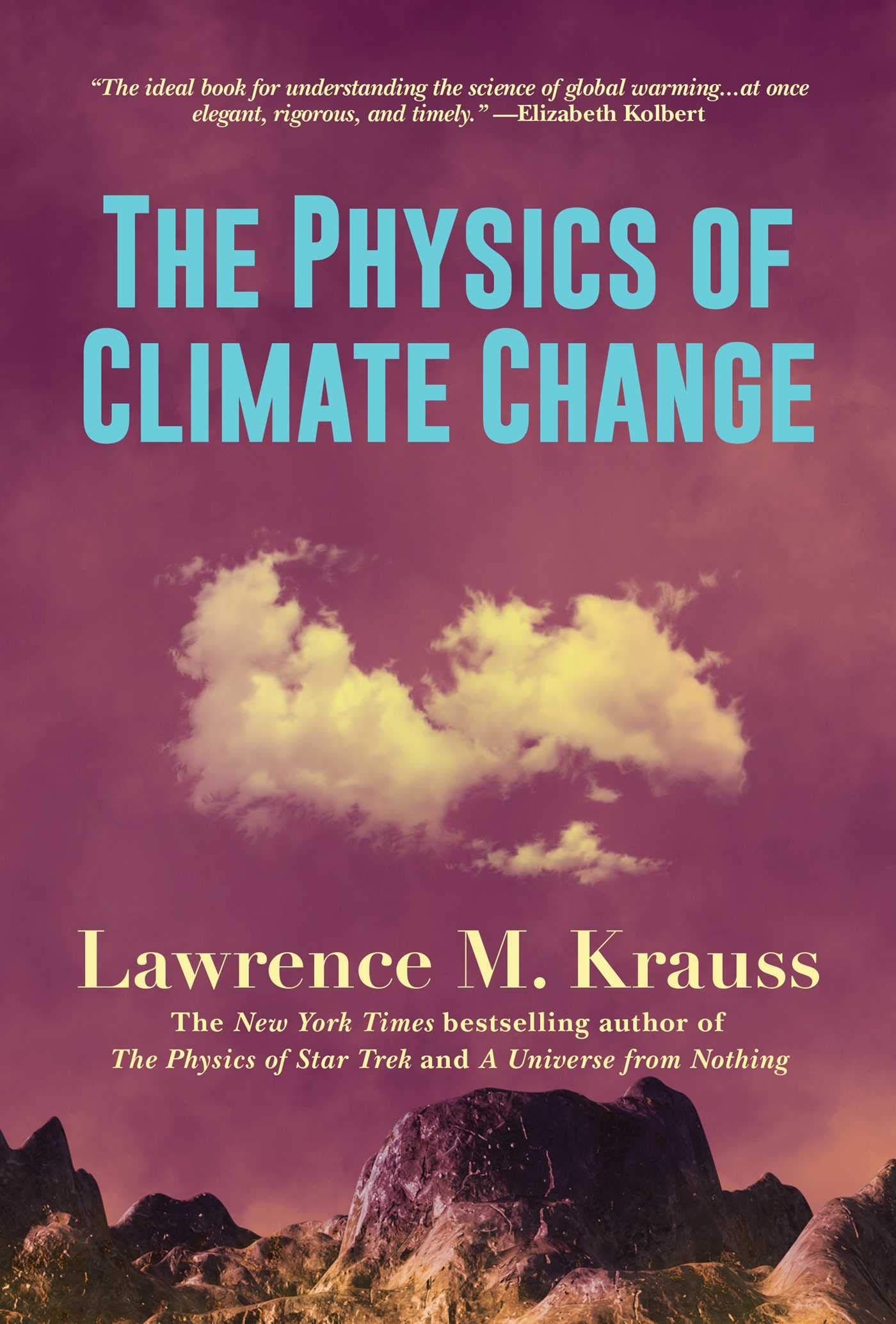

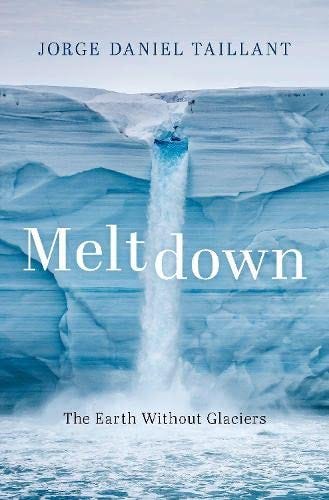
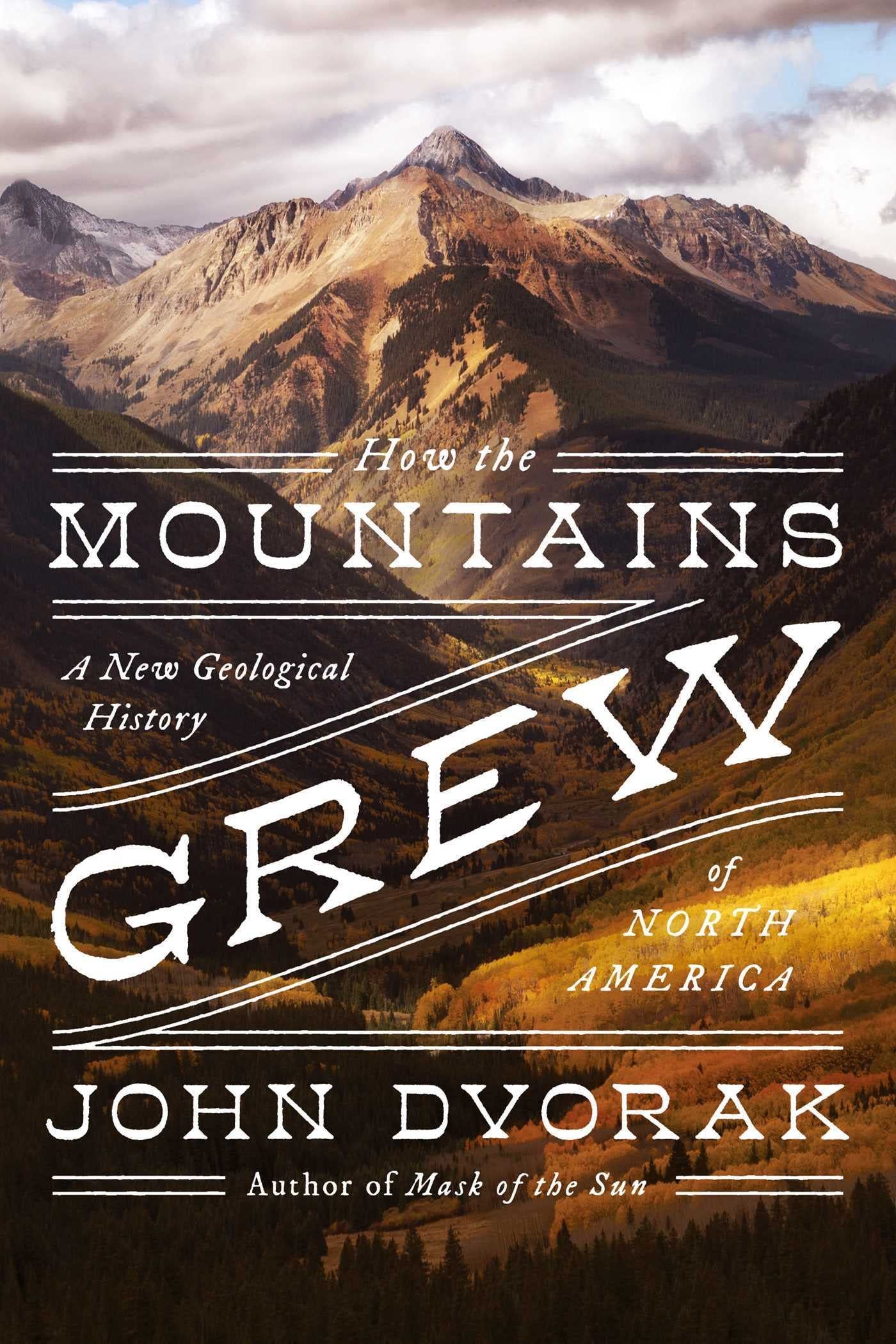

Wonderful list! I’ll definitely check these out for next week’s weekly topic.
Hi Nicole,
I've been trying to track down an email address for you, but I haven't been able to find one and your website is set to private, so I'll try leaving a comment here! I really appreciated this list. I'm a climate activist and climate emotions advocate, and I want to share a new climate book with you that's becoming ubiquitous in the northeastern USA's activism community through book groups and climate grief circles.
"Facing the Climate Emergency - Second Edition" by Margaret Klein Salamon PhD, is a self-help guide to transforming climate anxiety and grief into empowering action. It's been recommended by climate heroes including Bill McKibben, Adam McKay, and Annie Leonard. Journalist David Wallace-Wells said, "This book will wake you up, no matter how aware you think you are."
Could I send you a gift copy of the book, for consideration to be included in a future list? I'm also happy to answer any questions you may have! Please email me at FacingtheClimateEmergency@gmail.com. Thanks!
Onward,
Jamie McGonagill